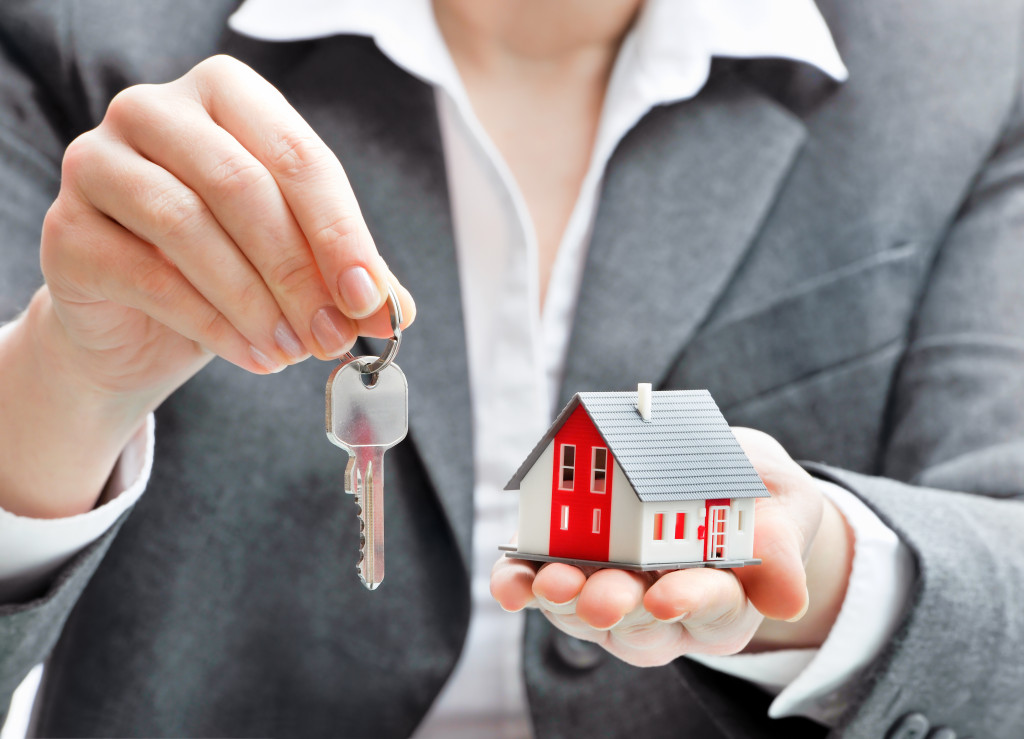- Provide elderly professionals with information on affordable housing options and financial advice.
- Partner with mortgage companies to provide special financing for the elderly.
- Create community programs such as fundraisers and free homeownership courses.
- Advocate and promote policy changes that reduce financial and legal barriers to homeownership.
- Support home maintenance with volunteers and repair programs.
As you age, the security and comfort of owning your own home become more crucial. Retirement income may not be sufficient to cover rental charges, with the costs of living increasing each day. Homeownership provides a safe and secure environment that can help the elderly maintain their independence as well as give their families a sense of comfort. However, it is not always possible for elderly professionals to own their homes, given their limited income and skyrocketing real estate prices. Here’s how nonprofits can step in to make a difference.
Provide Information
Providing information is one way nonprofits can help elderly professionals own their homes. Nonprofits can educate the elderly on the different types of affordable housing options available to them.
They can also offer counsel on choosing the most suitable housing options based on financial constraints, needs, and preferences. This will help elderly professionals understand homeownership’s relevant legal and economic aspects.
Nonprofits can also engage financial advisers to provide counseling on employment benefits, retirement accounts, and savings to help the elderly save and invest. This will ultimately help them build the funding they need to purchase their homes.

Partner with Mortgage Companies
Nonprofits can also partner with a trusted mortgage company to offer unique financing options for elderly professionals. These may include loans with lower down payments or no down payment requirements.
These mortgage companies can also provide advice on the best mortgage products, such as adjustable-rate mortgages (ARMs) or fixed-rate mortgages, and can help guide the elderly through the loan application process.
The nonprofit can also assist in finding lenders that are willing to work with those who have a low credit score, have had financial difficulty in the past, or require additional help with debt consolidation.
Create Community Programs
Nonprofits can create community programs that promote elder housing ownership. They can work with local authorities and organizations to launch programs that support elderly professionals’ homeownership. Here are some ideas:
Fundraising
Fundraising is a strategy nonprofits can use to assist the elderly in owning their own homes. Charitable foundations and donors can channel their support towards subsidizing the cost of homes or offering loans with minimal interest rates.
This reduces the total costs of owning a home, making it possible for the elderly to afford it within their means. Through grantmaking programs, nonprofits can assist elderly professionals in accessing homeownership financing quickly.
Free Homeownership Courses
Nonprofits can develop and offer free homeownership courses that provide information on the home-buying process. The classes should cover topics such as forms of real estate financing, credit qualifications, and legal aspects of home ownership. These classes are designed to help elderly professionals understand all the factors involved in owning a home so they can make an informed decision.
No Downpayment Programs
Nonprofits can also develop programs that enable elderly homebuyers to purchase a house without having to make any down payments. This can be done through various organizations and government agencies, such as the United States Department of Housing and Urban Development (HUD). These programs are designed to help those who cannot afford a traditional down payment or closing costs.

Advocacy and Policy Change
Nonprofits can influence policy changes and advocate for policies that support homeownership for the elderly. They can work with housing and financial institutions, government agencies, and other advocacy groups to create policies that reduce the financial and legal barriers to homeownership for the elderly. These changes and advocates will promote homeownership for the elderly in the long run.
Supporting Home Maintenance
Nonprofits can aid elderly professionals in owning their homes by reducing home maintenance costs. They can finance repair and maintenance programs for the elderly to help cut down their operating costs.
They can also help with home maintenance by organizing volunteer programs where volunteers can help with minor maintenance tasks such as gardening, cleaning, and general repairs, assisting the elderly in emergencies.
Elderly professionals deserve to own their own homes and have a safe and secure space that they can call their own. Nonprofits play a significant role in assisting the elderly with owning their homes. They provide education, community programs, fundraising, financing assistance, maintenance support, and advocacy for policy changes. Collectively these steps will create a favorable environment for homeless, elderly professionals. Nonprofits can help achieve the dream of homeownership for the elderly one step at a time.



